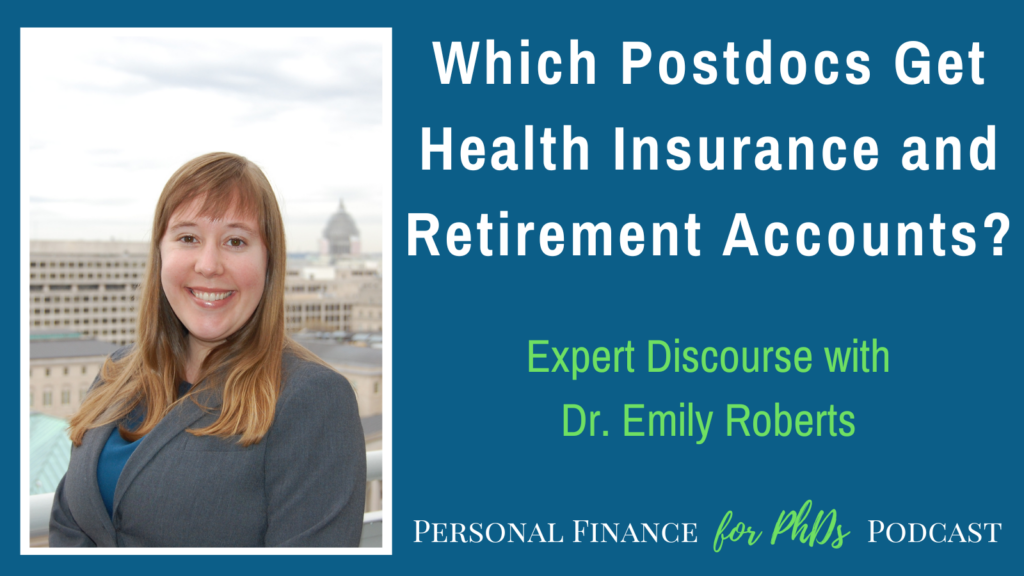Thank you for registering for How to Budget for Taxes and Other Expenses as a First-Year Graduate Student! Please complete the action items below prior to the date of the workshop so that you can receive the full benefits of the workshop.
- Bring your 2025 income- and tax-related records to the workshop. Bring your spouse’s records as well if you file a joint tax return. These records include any or all of:
- Your fellowship offer letter,
- Your recent fellowship paycheck amount(s) and date(s),
- Your student account transactions,
- Your final pay stub from a prior W-2 job, and
- Your most recent pay stub for an ongoing W-2 job.
- Bring your 2024 federal income tax return, if you filed one, to the workshop.
- Be prepared to access your student account to view the charges and credits.
- Bring all of your current/recent spending data that you have access to. If you track your spending, bring your spreadsheet or plan to access your software. If you don’t track your spending, look up your fixed expenses in advance (e.g., rent, minimum debt payments, utilities, subscriptions) as well as what you’ve spent recently on variable expenses (e.g., food, transportation, entertainment). If you would like, you can use this spreadsheet to organize this data for the recent months (edit according to your spending categories).
During the workshop, we’ll be working with spreadsheets and documents. If the workshop is in person, please bring your laptop or tablet. If the workshop is remote, please set your workspace up so that you can best juggle Zoom alongside the other programs.
I look forward to speaking with you during the workshop!
Dr. Emily Roberts, Personal Finance for PhDs

